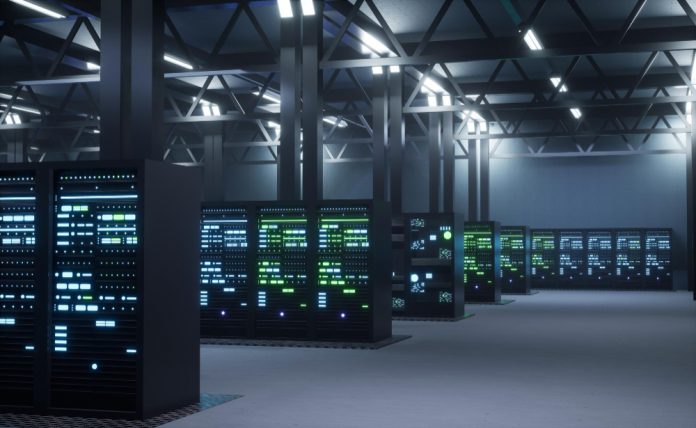Many modern businesses rely more on digital technology, requiring increased reliable electric supplies for them to function reliably and efficiently. Whether it’s power for servers, computers, point-of-sale systems, or essential equipment, being without it can cause major headaches and even critical safety implications. Even a brief power interruption can result in data loss, hardware damage, or costly downtime that disrupts productivity.
One way to ensure against this is by purchasing a UPS system, such as an Eaton 5PX, to provide a critical safety net by delivering instant backup power when the main supply fails, allowing operations to continue smoothly and securely. UPS systems also protect against power surges and spikes that can quietly damage sensitive electronics over time, with investing in a reliable UPS becoming a key part of modern risk management. But what should be considered when purchasing a suitable system?
To start, it is sensible for those purchasing to assess their power requirements and determine the total load that the UPS will be asked to support. Listing all critical devices, such as computers, routers, servers, and security systems, helps to calculate their combined power reliance. Allowing for extra capacity for future expansion to avoid overloading the unit should also be considered. The UPS type that’s required should also be ascertained, with those unsure being advised to speak with leading suppliers who will provide the correct advice. The right choice invariably depends on the sensitivity of the equipment and how vital continuous power is to operations, perhaps while looking to launch a digital promotion to boost sales.
Thinking about how long the business needs to stay operational during a power outage is critical when purchasing a USB, with those providing short runtimes of 5 to 10 minutes, sometimes being enough for a safe shutdown, while longer runtimes are ideal for keeping essential systems running until mains power or a generator takes over. It’s important to remember that not all systems deliver the same quality of power, as when a business grows, so do its power needs. Certain UPSs allow the later additions of additional battery packs or capacity modules over time without replacing the entire system, which provides a cost-effective solution for growing organisations.
Preventing data breaches is extremely important for any business wanting to keep its reputation intact, which is why a reliable USB should be in place. Something else to be considered is that UPS systems can consume significant energy even when idle. It explains a preference for those providing high-efficiency modes to reduce electricity costs and heat output. Efficient systems also extend battery life and lower overall maintenance expenses. Checking how easy it is to replace the UPS battery can affect the selection, with lithium-ion batteries lasting longer and recharging faster, but they will cost more upfront, which might be a deterrent to those with tight budget constraints.
A UPS provides business continuity and equipment protection, with power needs, growth plans, and the desired level of protection all being part of the equation when choosing which one to purchase.






